Why Oral Hygiene Matters
Proper oral hygiene is more than just about maintaining a bright smile and fresh breath. It plays a crucial role in your overall health and well-being.
Neglecting your oral health can lead to a myriad of dental and systemic diseases. This emphasizes the importance of a consistent and thorough oral hygiene routine. Regular brushing, dental flossing, and check-ups help prevent common oral health problems like tooth decay and gum disease.
Diseases Linked to Poor Oral Hygiene
Poor care of your teeth can lead to many dental diseases and serious systemic health issues:
- Cavities (Tooth Decay): Caused by the buildup of plaque and bacteria on the teeth, leading to holes in the enamel.
- Gingivitis: The mildest form of gum disease, characterized by red, swollen, and bleeding gums.
- Periodontitis: A severe gum infection that damages the soft tissue and destroys the bone supporting the teeth, potentially leading to tooth loss.
- Cardiovascular Disease: Inflammation and infections caused by oral bacteria can contribute to heart disease, clogged arteries, and stroke.
- Respiratory Infections: Bacteria from the mouth can be inhaled into the lungs, causing infections such as pneumonia.
- Endocarditis: An infection of the inner lining of the heart chambers and valves, which can occur when bacteria from the mouth spread through the bloodstream.
Consequences of Neglecting Oral Hygiene
- Chronic Bad Breath
- Tooth Loss
- Pain and Discomfort
- Aesthetic Concerns
Daily Oral Hygiene Routine
Brushing
Frequency
Duration
Technique
Flossing
Frequency
Technique
Mouthwash
Frequency
Technique
Tongue Cleaning
Frequency
Technique
Additional Oral Hygiene Tips
- Limit Sugary and Acidic Foods and Drinks: Reduce the intake of sugary snacks, sodas, and acidic foods that can erode enamel and contribute to cavities.
- Drink Water: Drink plenty of water throughout the day to keep your mouth moist and wash away food particles and bacteria.
- Sugar-Free Gum: Chew sugar-free gum after meals to stimulate saliva production, which helps neutralize acids and clean the mouth.
- Regular Professional Care: Visit your dentist at least twice a year for an examination and get your teeth cleaned professiona
Common Oral Hygiene Mistakes and Myths
Mistakes
- Brushing Too Hard: Many believe that brushing harder will clean better, but this can damage the enamel and gums, leading to sensitivity and receding gums. A gentle, circular motion is more effective.
- Not Brushing Long Enough: The American Dental Association recommends brushing for two minutes twice a day. Many people fall short of this, missing out on adequately cleaning their teeth.
- Incorrect Brushing Technique: Brushing should cover all surfaces of the teeth, including the fronts, backs, and chewing surfaces. Neglecting any part can lead to plaque buildup.
- Not Replacing the Toothbrush Often Enough: Toothbrushes should be replaced every three to four months or sooner if the bristles are frayed. Worn-out bristles are less effective at cleaning.
- Neglecting the Tongue: The tongue can harbor bacteria, leading to bad breath and other oral health issues. Brushing or scraping the tongue is important for comprehensive oral hygiene.
Myths
- “Sugar Is the Only Cause of Cavities”: While sugar is a major contributor, cavities are caused by any carbohydrate that feeds bacteria in the mouth. Starchy foods like bread and pasta can also contribute.
- “Mouthwash Can Replace Brushing”: Mouthwash is not a replacement for brushing and flossing. It can help reduce bacteria and freshen breath but doesn’t remove plaque.
- “White Teeth Are Healthy Teeth”: Teeth can be white but unhealthy if they have decay or gum disease. Conversely, teeth that aren’t perfectly white can be healthy. The color of teeth isn’t always an indicator of their health.
- “It’s Normal for Gums to Bleed When Brushing”: Bleeding gums are a sign of gum disease or improper brushing technique. Healthy gums shouldn’t bleed regularly.
- “You Only Need to See a Dentist If You Have a Problem”: Regular dental check-ups are essential for preventive care and early detection of issues like cavities, gum disease, and oral cancer.
Conclusion
Proper oral hygiene is essential for maintaining a healthy mouth and body. By following a consistent oral care routine, eating a balanced diet, and visiting your dentist regularly, you can prevent dental problems and enjoy a lifetime of healthy smiles.
Our team at our dental clinic in Turkey Cosmedica Dental is ready to support you with your dental health. Contact us if you have any concerns or questions!
